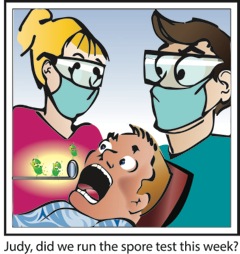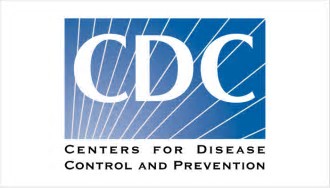Effective sterilization is essential to protecting patients and staff in the dental setting. Biological monitoring,…
CDC Ebola Guidance for Dental Healthcare Workers – Infection Control
With the deadly Ebola virus claiming its first victim on American soil this past week, healthcare providers, including dental professionals, need to be aware of how to screen and manage patients for the disease. Although the U.S. Centers for Disease Control and Prevention (CDC) states that “the risks of Ebola spreading in the US are low”, people need to work together to prevent this from happening. CDC offers useful information to this end:
- A person infected with Ebola CANNOT spread the disease until symptoms appear. The time from exposure to when signs or symptoms of the disease appear is 2 to 21 days. Symptoms include high fever (above 101.5), severe headache, muscle pain, vomiting, diarrhea, stomach pain, or unexplained bleeding or bruising.
- Ebola is spread through direct contact with blood and body fluids, through the eyes, nose, or mouth. Objects that have been contaminated with Ebola-tainted blood or body fluids are also sources of transmission. Body fluids consist of urine, feces, saliva, vomit, sweat, and semen.
- Ebola is NOT spread through the air, water, or food supply.
- Dental professionals should continue to follow standard infection control procedures and precautions, as stated in CDC’s Guidelines for Infection Control in Dental Health-Care Settings–2003.
- Dental professionals should take a patient’s medical history, including travel history, from any person with symptoms in which a viral infection is suspected, and should not treat any person who is ill, with a fever or other viral symptoms. If Ebola is suspected, they should contact their state or local health department. Patients who have signs or symptoms of Ebola who have recent (within 21 days) travel history to West African countries where the Ebola outbreak is occurring should be isolated in a hospital until diagnostic testing is completed.
All healthcare workers should stay abreast of the Ebola situation by watching for the latest news developments. Information and resources on Ebola are posted on CDC’s website, which also includes a checklist for healthcare providers specific to Ebola.
Since 1992, OSHA Review, Inc. has provided dental professionals with comprehensive programs to support regulatory compliance and infection control. We are a registered continuing education provider in the state of California, specializing in Dental Practice Act, infection control, and OSHA training.



